Women’s Magazine Marie Claire Publishes Article Advocating For Normalising “More Parents Having Abortions in Film and Television”
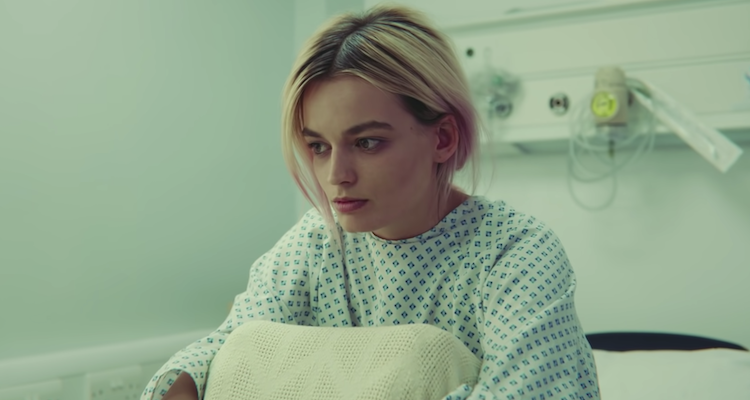
Women’s Magazine Marie Claire recently published an article in which its author rather controversially pushed the idea that parents having abortions in movies and television shows should be normalised.
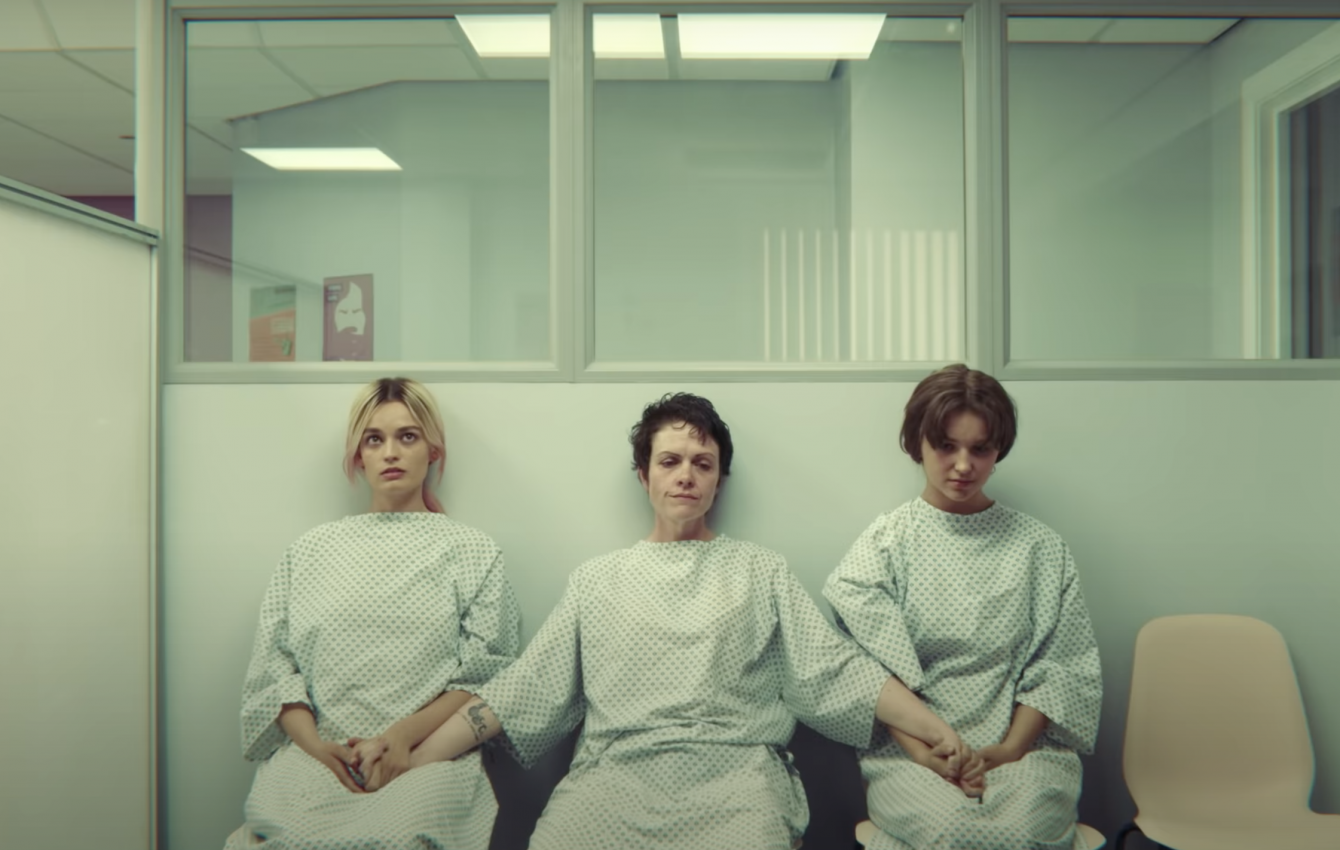
Source: Sex Education, Netflix
Headlined “We Need to See More Parents Having Abortions in Film and Television” and authored by Danielle Campoamor, the article takes issue with how, though “parents are the most common abortion patients”, most storylines revolving around the “safe medical procedure [which] one in four women (as well as trans men and non-binary people) will have by the time they’re 45” tend to focus instead on single teens.
Interestingly, in discussing the depiction of abortion patients, Campoamor cites research conducted by Advancing New Standards in Reproductive Health(ANSIRH) which found that, in 2019 a total of 43 television shows featured abortion storylines.
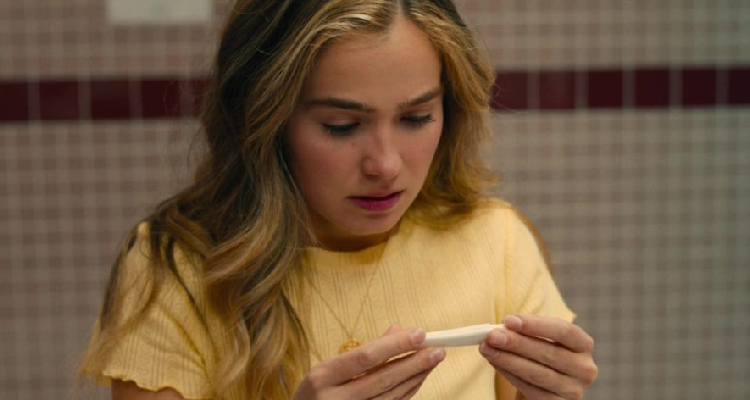
Source: Unpregnant (2020), Warner Bros.
Conversely, ANSIRH also observed that, in 2020, a total of 31 television shows “featured a character who underwent the procedure,” whereas in film the studies revealed that there was actually “a remarkable increase in the number of movies with abortion plotlines,” with a total of thirteen storylines in 2020 as opposed to three in 2019.
Now, why would this be interesting, you may ask? Because rather than focusing on the fact that the number of abortion depictions in film and television have decreased, which one would think would be the more upsetting fact to likeminded individuals, Campoamor takes issue both with how these stories only focused on teenagers and weren’t sufficiently diverse enough.
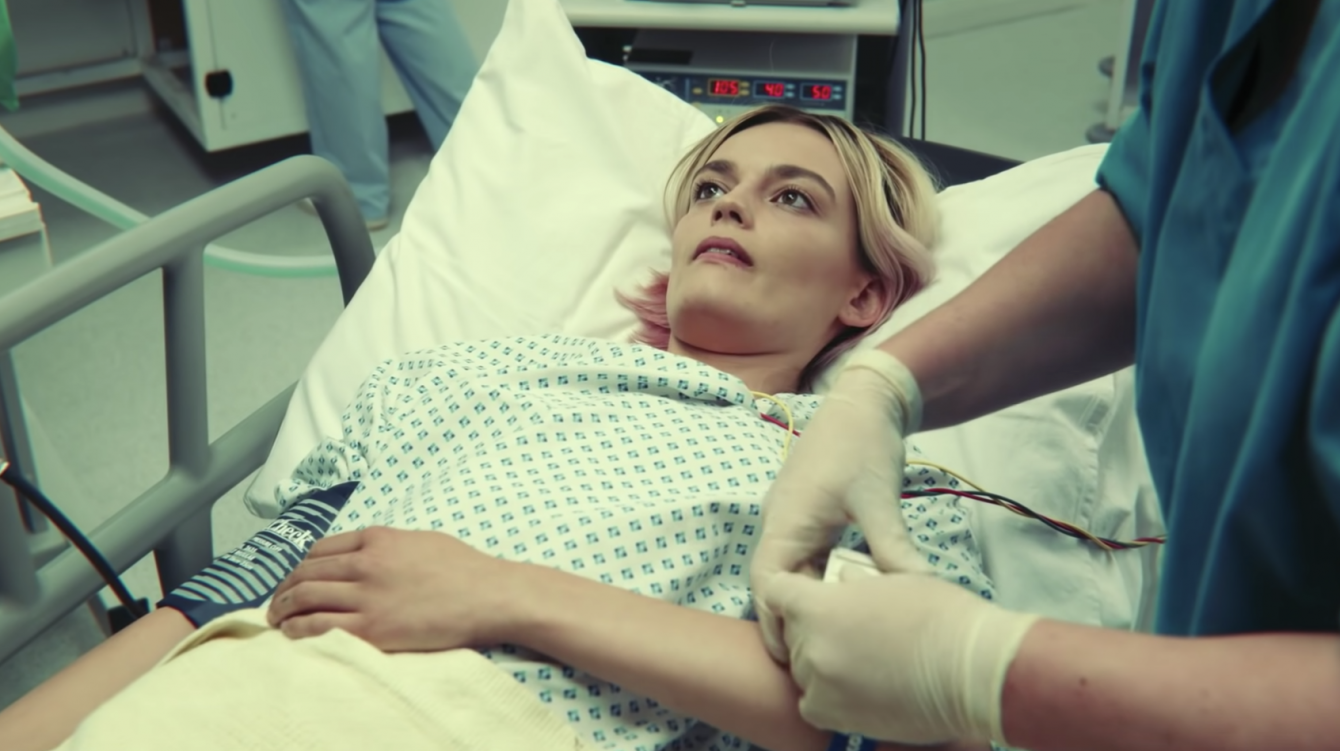
Source: Sex Education, Netflix
Attempting to play the ‘woke card’, Campoamor asserts that “Countless studies have highlighted the importance of representation in the media, be it race, gender, relationships, body size and shape, mental health, or disability status,” and criticizes how “in 2020, of the characters who did have abortions on film, 73 percent were white.”
In support of her call for diversity, Campoamor quotes ANSIRH researcher Steph Herold, who proposed that “because there are also shockingly few depictions of parents, particularly parents of color, having abortions, it reinforces this false dichotomy between people who have abortions and people who have children.”
“We know the reality is that they’re the same person at different points in their lives,” added Herold.
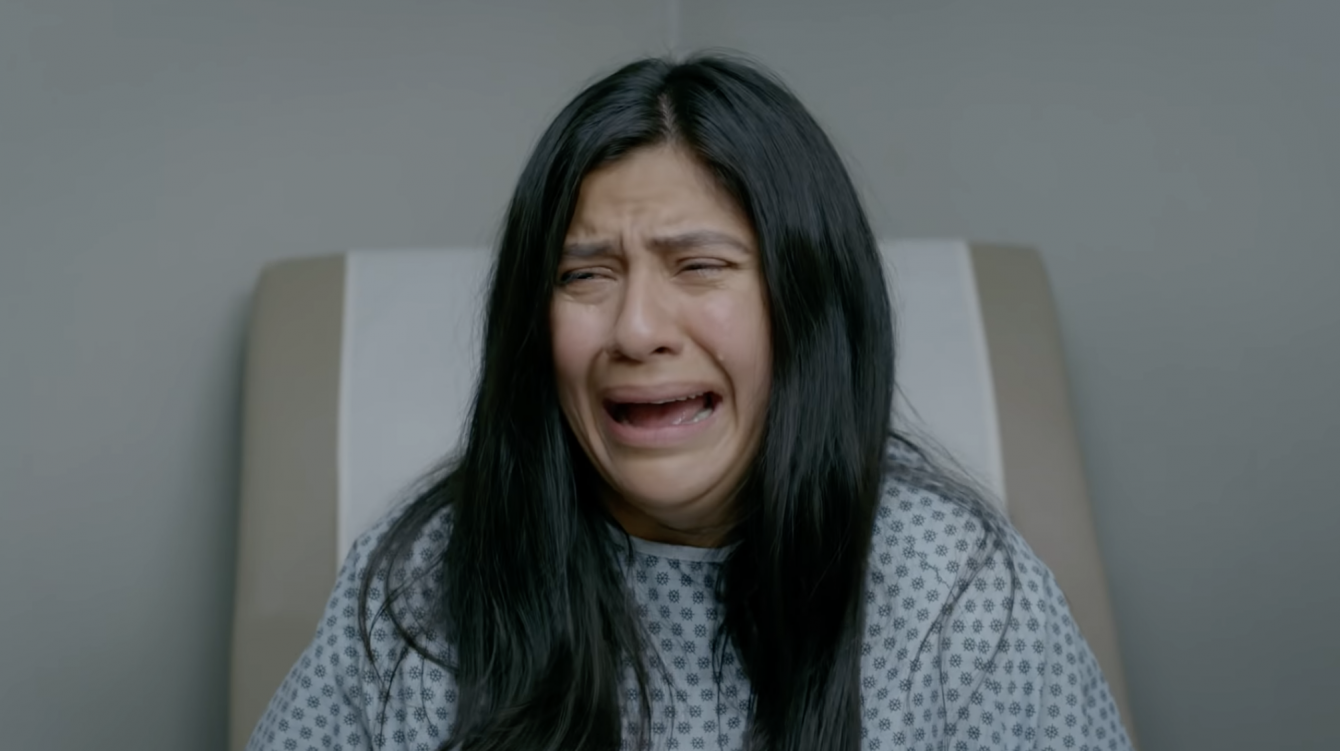
Source: Orange Is the New Black, Netflix
Campoamor also spoke with Orange Is the New Black writer and Merritt Tierce, who noted the wrtier that including abortion storylines in television or films is tricky because abortions are “boring” — that is, of course, within the context of drama and conflict within the entertainment industry.
“Yes, of course, the unplanned pregnancy is often something that will dominate your life for various reasons for a certain period of time, but it lands in the middle of the rest of your life,” explains Tierce. “I think the most radical reconception that needs to happen with respect to abortion, especially parenting people who have abortions, is for people to realize that it can be a serious act of love to have an abortion.”
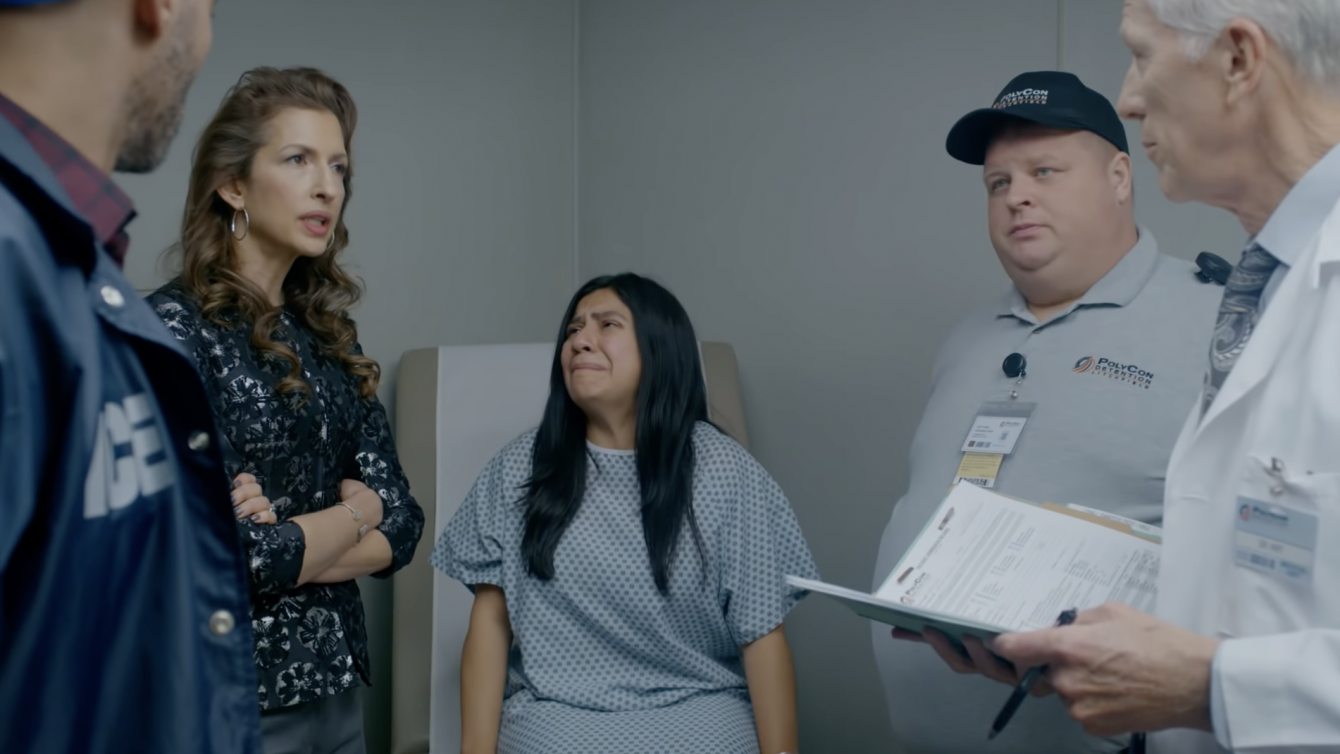
Source: Orange Is the New Black, Netflix
Tierce then argued that, in some cases, having an abortion is an actual act of love, especially for parents, as it allows them to focus more on their other already-existant children.
“And for people who have kids, that is the number one decision-making factor. If they feel like they can’t handle another child, what’s driving that decision is the desire to give the children they already have the best possible life.”
It is also worth mentioning that Tierce is currently working on a television series, which takes place in an abortion clinic, that aims to normalise abortion by framing it as “a parenting decision.”
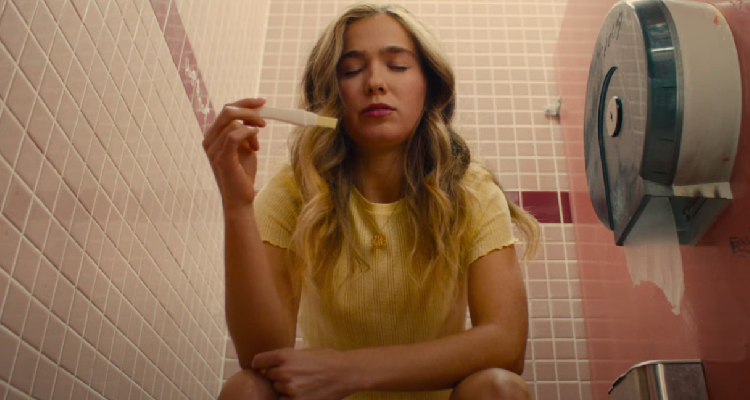
Source: Unpregnant (2020), Warner Bros.
Campoamor also claimed that the Trump administration emboldened the anti-choice movement in 2017 via “death threats and other intimidation tactics,” linking to an article published by Reuters to back this claim.
Meanwhile, a survey conducted by OnMessage Inc. revealed that, in regards to the upcoming 2022 US congressional elections, voters are more likely to vote for a “Republican who supports a limit at 15 weeks, with exceptions, vs a Democrats that supports abortion on demand, throughout all nine months of pregnancy.”
However, only a 28 percent of respondents said that they would vote for a Democrat candidate that supports abortion on demand, which the strategy firm affirmed showed “a strong center-right coalition for life, with Independents supporting the GOP/15 week limit candidate over the Democrat/abortion on demand candidate 54% to 18%,”

Source: OnMessage Inc.
What’s more, a report published by the New York Times in 2019 also contradicts the the article published by Marie Claire, as it found that “in recent years, abortions are taking place or being talked about on television at record levels, often on shows created or written by women.”
According to University of California, San Francisco sociologist, Gretchen Sisson, “You’re definitely seeing more of the matter-of-fact ‘I am pregnant, I don’t want to be, I’m going to have an abortion.’ And it’s gone way up in 2019.”
It is plausible that statistics have changed these past few years, but it is undeniable that films and television shows have been attempting to normalise abortion.
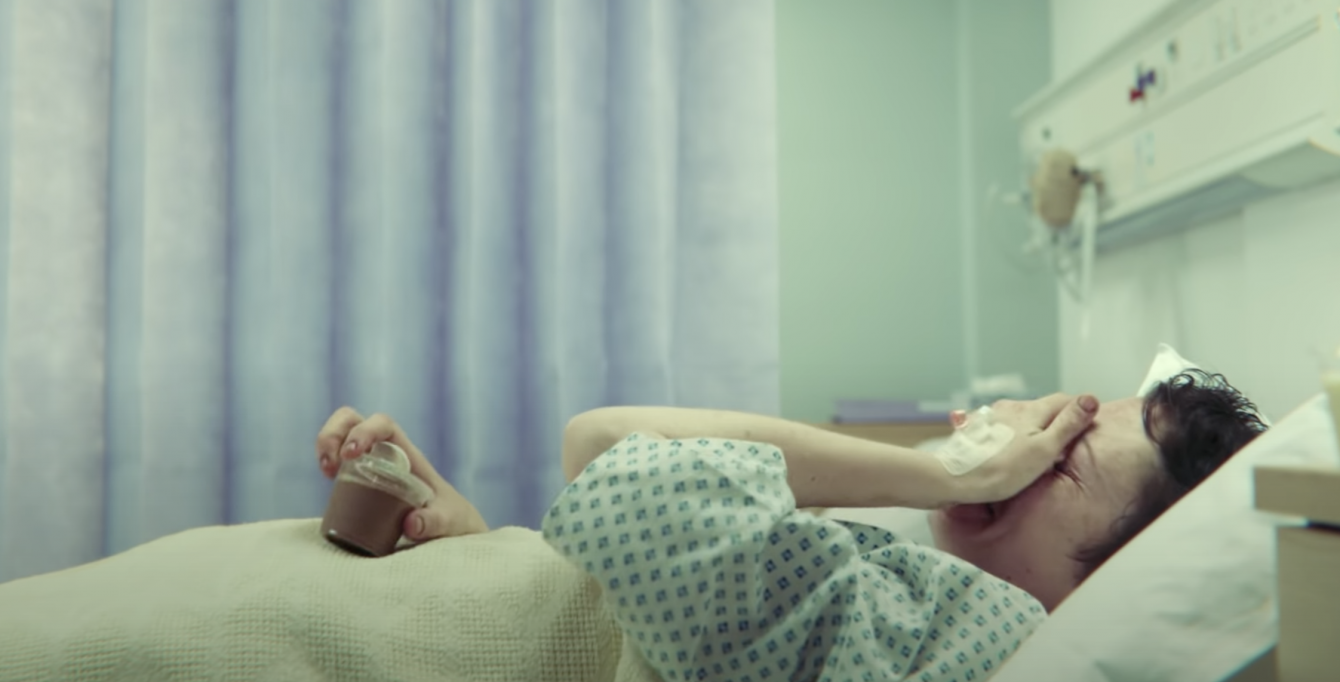
Source: Sex Education, Netflix
No matter the case, it seems that until abortion is properly depicted in every possible movie and TV series out there, chances are that people like Campoamor won’t be satisfied; even then, it may still not be enough.
Should the entertainment industry keep trying to normalise abortion in films and TV series? Let us know all about it in the comments section down below or on social media!
More About:Movies Television
